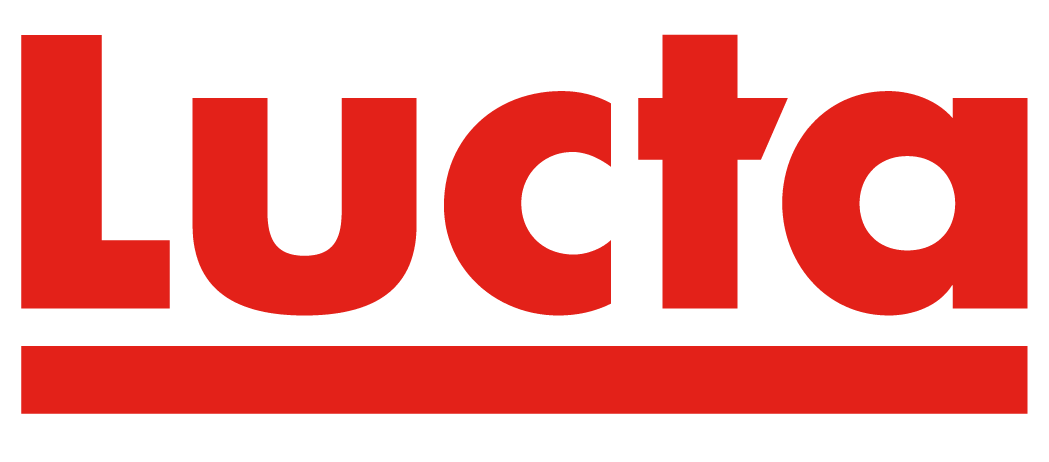Nutrients from the ingested food interact with sensors along the mammalian digestive tract. These sensors, through vagal afferent nerves, can activate brain areas related to the control food intake. In the oral cavity, as a first stop of the food, umami taste receptors can detect the presence of different amino acids and inform the hypothalamus. The integration of this information in this brain area could result in an anorectic response. However, taste signaling pathway and its relation with food intake control has not been studied in fish. Therefore, the aim of this study is to analyze, in rainbow trout, possible activation of the umami taste signaling pathway caused by the presence of specific amino acids in the oral cavity, and its effect on food intake. Thus, an oral administration was carried out with distilled water alone (control) or containing 40 μmol/mL of L-leucine, L-valine, L-proline or L-glutamate. After 10, 20 and 30 minutes, samples of hypothalamus and tongue were taken. mRNA abundance of parameters related to food intake control were evaluated in brain, while in tongue, parameters related to taste signaling pathway were assessed. The oral administration was repeated to evaluate food intake 1, 2 and 3h post-treatment. In general, only oral administration of proline decreased food intake. However, in hypothalamus all studied amino acids, especially after 30 min, changed different parameters related to the control of food intake. In tongue all amino acids regulated the expression of genes related to the taste signaling pathway after 10 and 20 min. The presence of amino acids in the oral cavity might be involved in the control of food intake by hypothalamus.
Autores: Sara Comesaña, M. Conde-Sieira, C. Velasco, J.M. Míguez, R. Álvarez-Otero, J.L. Soengas, S. Morais
Libro/Revista: XII Conference of the Iberian Association for Comparative Endocrinology
